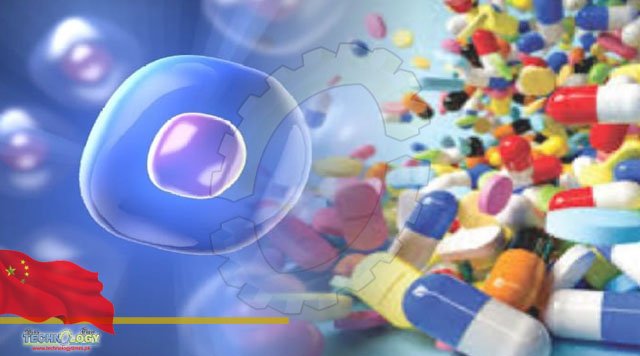Slimming pill could extend lifespan, Chinese scientists say they have developed a potential longevity drug that induces pseudo-starvation in the cells to activate an energy-regulating enzyme and reduce fat storage.

The team, led by researchers from Xiamen University, said the chemical compound had also been shown to extend the lifespan and healthspan, or period spent in good health, of worms and mice, adding it was a potential therapy for treating metabolic disorders such as diabetes and fatty liver disease. Lead author Professor Lin Shengcai, a metabolic biologist at Xiamen University, said the drug was developed based on the mechanism of an ancient Chinese fasting practice called bigu, or “grain avoidance”. It involved long-term abstinence from the “five grains” – cultivars of rice, wheat and millet, hemp seeds and soybeans – for heightened spirituality, health and longevity. slimming pill could extend lifespan, Today, it is better known as fasting or intermittent starvation. “Our drug mimics the god-given pathway for bigu and is designed for longevity. We found the key to life extension in calorie restrictions and fasting,” the Chinese Academy of Sciences scientist said. “I am extremely excited about my drug, the first one locally developed from scratch, from mechanism, pathway, target to clinical benefits, in China,” Lin said, adding that the team hoped to test the product in human clinical trials in a few years. The team, which also includes researchers from Shanghai Sixth People’s Hospital, Tsinghua University and the Dalian Institute of Chemical Physics of CAS, published their findings in the peer-reviewed journal Nature Metabolism on October 10. They found that the drug aldometanib extended the lifespan and span of healthy living in tiny roundworms from a median age of 18 to 26 days and mice by at least 7.5 per cent.
It also lowered glucose in mice without causing the level to dip too low and alleviated fatty liver and nonalcoholic steatohepatitis, an aggressive form of fatty liver disease, in obese rodents, according to the study. The team also saw a significant drop in body weight, fat mass and body fat composition in mice treated with aldometanib for one month, while their lean mass did not change. Meanwhile, running distance, duration and grip strength were notably increased in 1-year-old treated mice. Lin said the drug – which they said controlled weight, regulated blood sugar levels, eased inflammation, boosted metabolic rate and had rejuvenating effects – could potentially benefit people with diabetes, fatty liver disease, and obesity, and those who hoped to live long, healthy lives. The energy sensor enzyme AMPK is found in every eukaryotic cell, or those with a nucleus, and is naturally activated when the availability of glucose becomes low. “It is a surveillance and alarm system that goes off when there’s a possibility that energy in the body would fall – but prior to the fall,” Lin said. To activate AMPK, the Chinese team developed the new drug to mimic glucose starvation at the cellular level. According to Lin, it works by blocking a metabolic derivative of glucose from binding to aldolase, an enzyme that breaks down sugars to produce energy. slimming pill could extend lifespan, “Aldolase is like a pair of scissors. When there’s no cloth to cut, it feels that the family is poor and activates AMPK,” Lin said. “It’s also like a child who looks to the face of his mother, the derivative of glucose, to determine if he will be fed, instead of looking for food, or glucose itself, in her pockets.” Because the drug mimics the state of fasting in the cells without changes in energy levels in the body, the feeling of hunger does not arise, Lin said. Compared to the new drug, metformin – an existing medicine that is also known to activate AMPK – has limited effects in lowering glucose, according to the study. Metformin, a common treatment for type 2 diabetes, c an target the liver, kidney and intestine but not skeletal muscle, an important tissue for lowering glucose because of its large contribution to body mass.
Source: This new is originally published by scmp